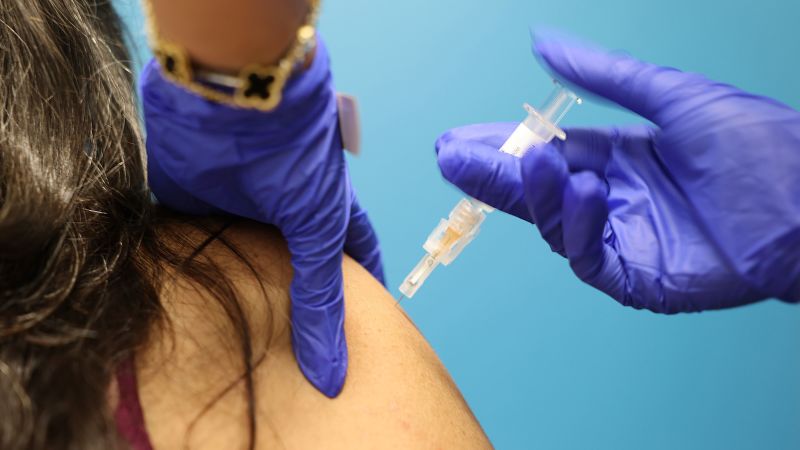As parents, we’re all navigating a sea of information, trying to make the best choices for our children. We want to protect them, nurture them, and understand every nuance of their development. This desire for knowledge often leads us to explore complex topics, and few are as emotionally charged or as widely discussed as autism and childhood vaccinations. Amidst the chatter, the Centers for Disease Control and Prevention (CDC) remains a crucial source of public health information. When they make updates to their resources, it’s worth taking a moment to understand what it means for families like ours.
Setting the Record Straight: Understanding Autism, Not Fear-Mongering Vaccines
For decades, a pervasive myth has circulated, linking childhood vaccines to autism spectrum disorder. It’s a narrative that has caused immense anxiety for parents and, regrettably, led some to hesitate on vital immunizations. Let’s be unequivocally clear: extensive, rigorous scientific research across numerous studies has consistently demonstrated that there is no causal link between vaccines and autism. Autism is a complex neurodevelopmental condition, likely influenced by a combination of genetic and environmental factors, not by the MMR shot or any other vaccine on the schedule.
The science is settled. Major health organizations worldwide, including the CDC, the World Health Organization (WHO), and the American Academy of Pediatrics (AAP), all affirm the safety and effectiveness of childhood vaccines. These vaccines protect our children from serious, sometimes life-threatening diseases like measles, mumps, rubella, polio, and pertussis. Prioritizing timely vaccinations is a cornerstone of public health and individual child wellness. As Dr. Emily Davison, a developmental pediatrician, often reminds her patients’ families, “Our focus should be on understanding and supporting children with autism, and on ensuring all children are protected from preventable diseases. These are not conflicting goals; they are complementary.”
The CDC’s Evolving Message: Clarity for Parents
The CDC serves as America’s health protection agency, and part of its mission is to provide accurate, evidence-based health information to the public. When the CDC updates its website, especially on topics as sensitive as autism and vaccines, it’s typically an effort to enhance clarity, improve accessibility, and ensure the information reflects the most current scientific understanding. These updates are not about changing the science, but about refining how that science is communicated to a diverse audience of parents, caregivers, and healthcare professionals.
A website update signals the CDC’s ongoing commitment to battling misinformation and providing a reliable anchor in a sea of often confusing online content. For parents, this means a renewed opportunity to visit these official pages, to understand the facts about vaccine safety, and to learn more about autism from a trusted, scientifically-backed source. It’s an invitation to engage with factual information that can empower you to make informed decisions for your family’s health.
Beyond the Headlines: Focusing on Early Detection and Support
Instead of dwelling on debunked myths, parents can channel their energy into truly impactful areas: understanding child development and advocating for early support if concerns arise. Recognizing the early signs of autism can make a profound difference in a child’s life. Developmental milestones, communication patterns, and social interactions are all areas where parents can observe and, if necessary, discuss with their pediatrician.
Early intervention therapies and support services can significantly improve outcomes for children on the autism spectrum, helping them develop crucial skills and thrive. Regularly scheduled well-child visits are invaluable opportunities to discuss any developmental concerns with your pediatrician, who can provide guidance, conduct screenings, and connect you with appropriate resources. Focusing on these proactive steps – ensuring vaccinations and monitoring development – is the most powerful way parents can support their children’s long-term health and well-being.
The conversation around autism and vaccines can feel overwhelming, but the core message is clear: vaccines are safe and essential, autism is a neurodevelopmental difference, and accurate information from sources like the CDC is your best ally. Empower yourself with knowledge, trust the science, and champion your child’s health with confidence.




